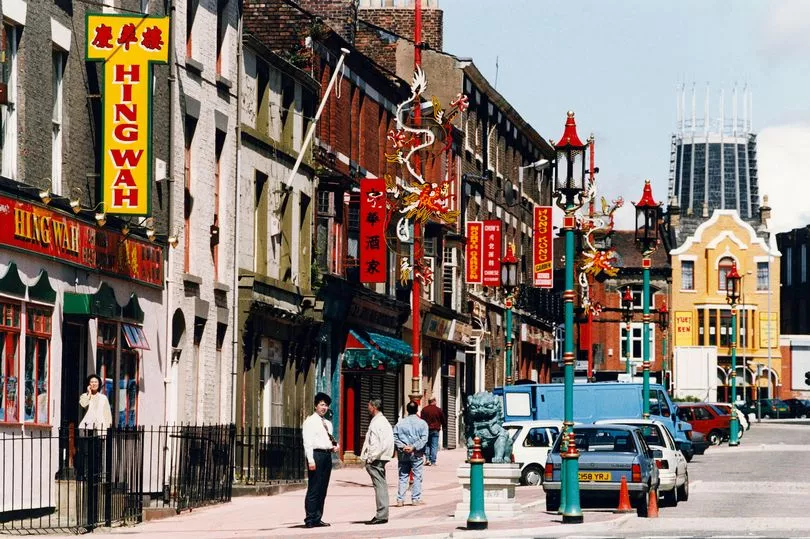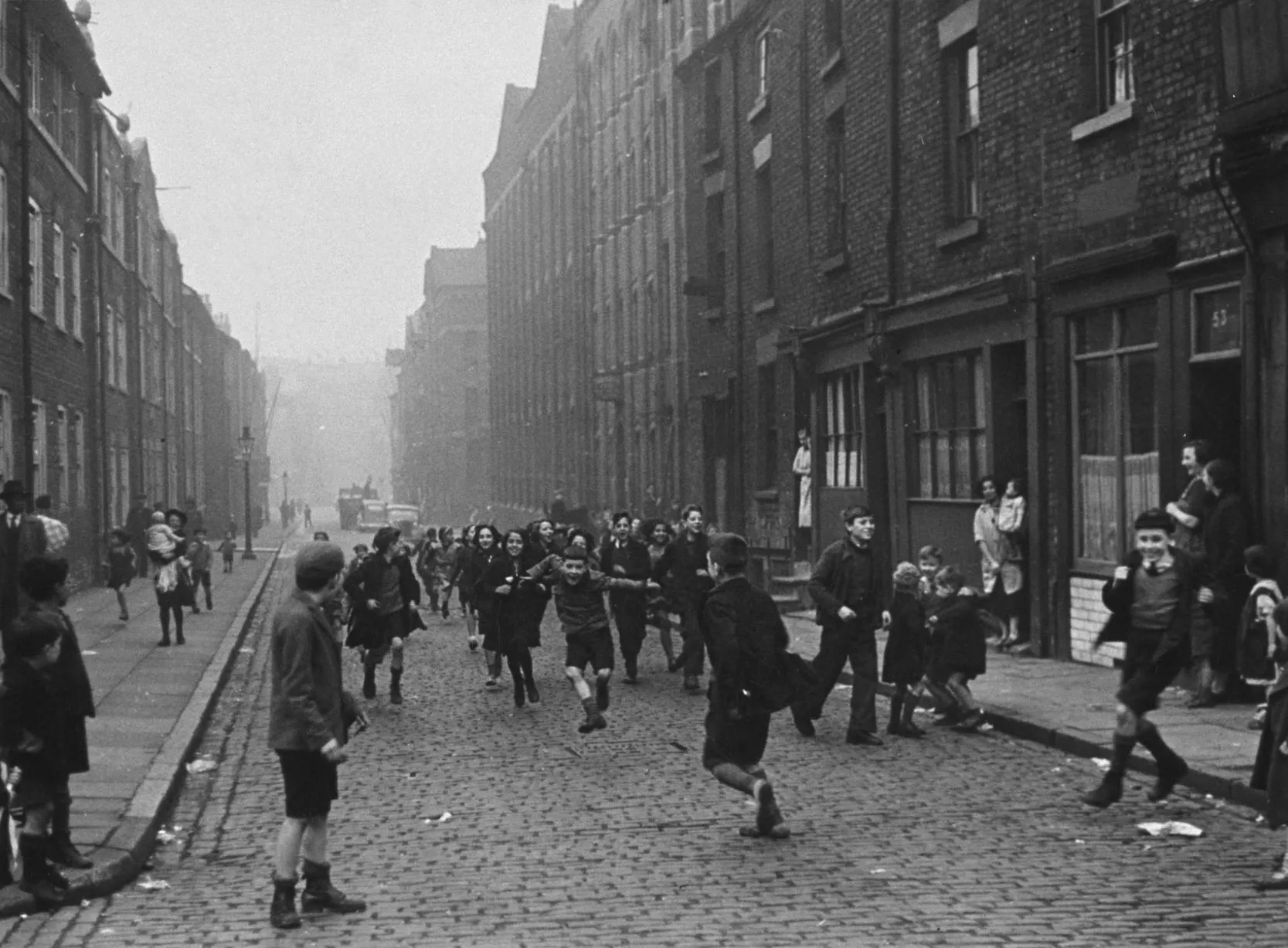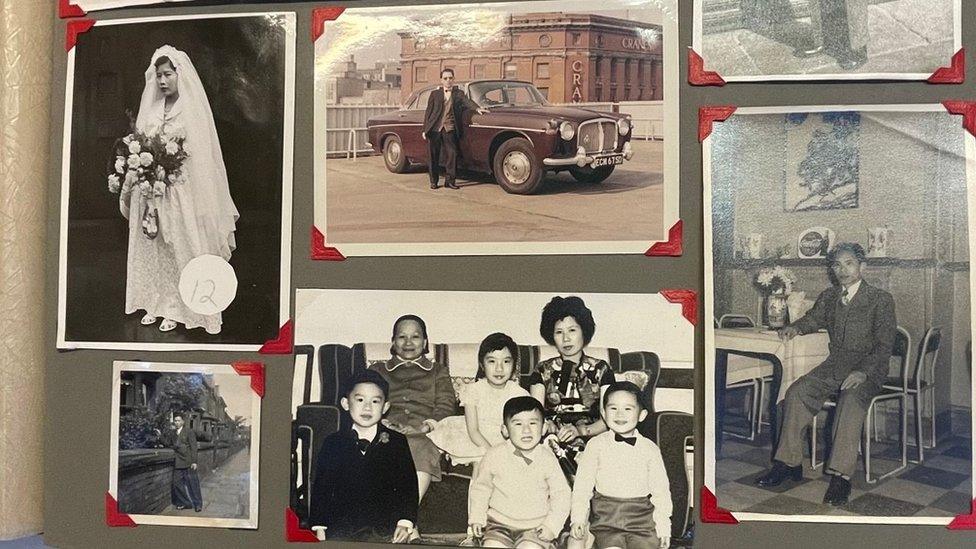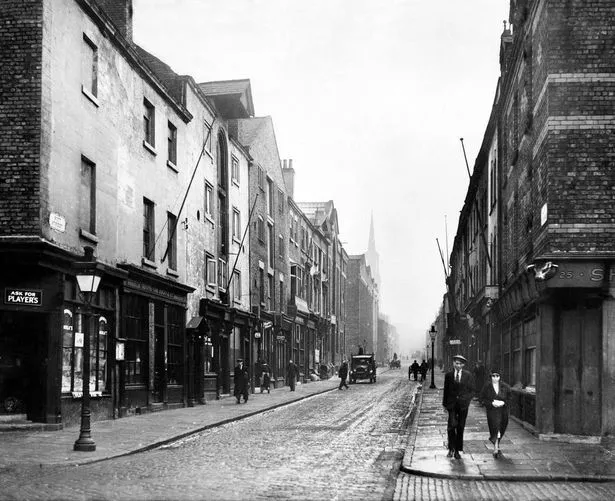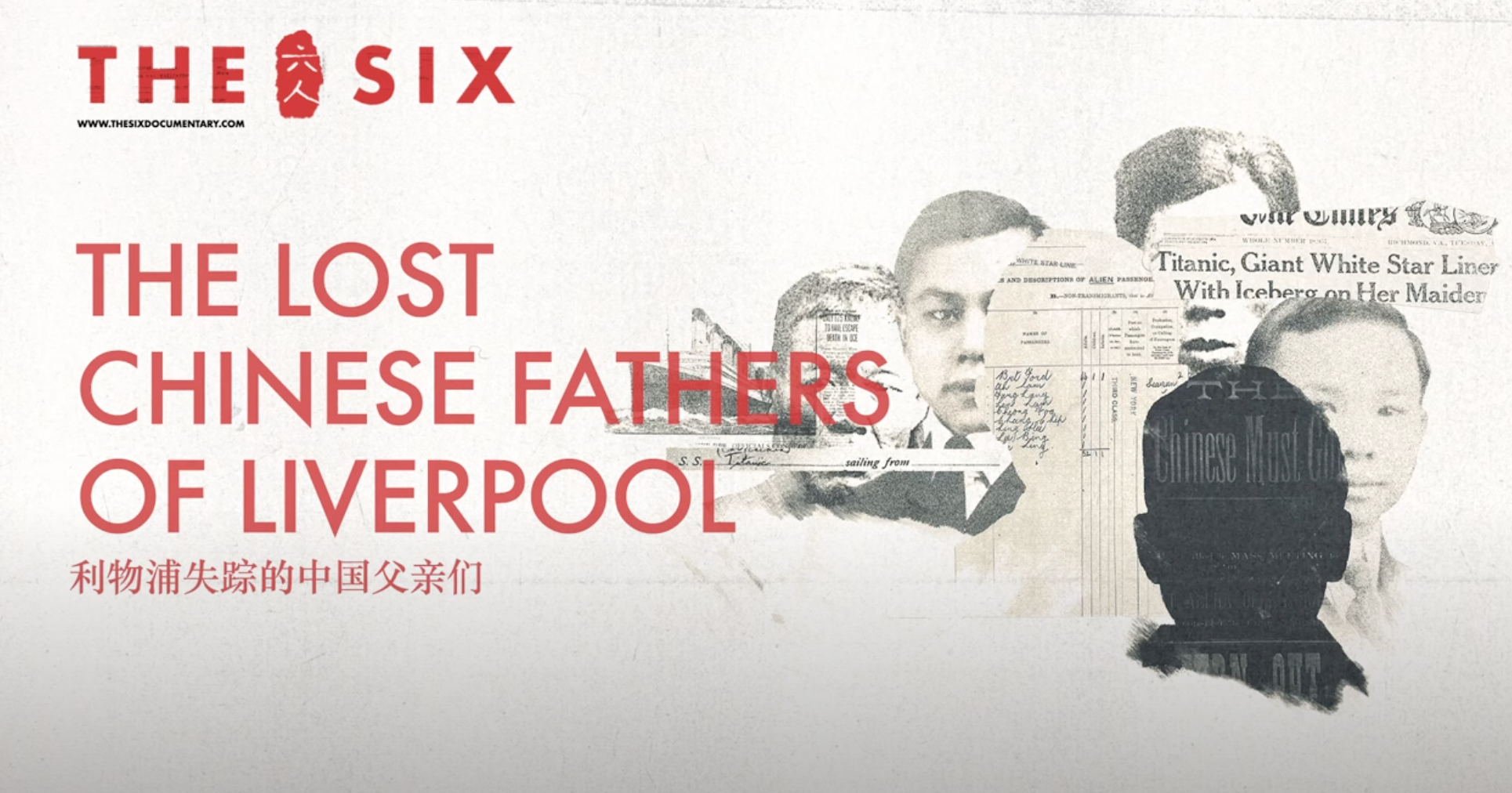Exiles, My Stolen Chinese Father

My Stolen Chinese Father: Unearthing Britain's Hidden Betrayal
In this haunting episode of The Exiles, My Stolen Chinese Father: Victims of UK’s Racist Past, documentary filmmaker Tom St John Gray brings to light a deeply concealed chapter of British history. The film navigates the aftermath of a brutal post-war policy that saw hundreds of loyal Chinese merchant seamen, who served Britain during World War II, forcibly deported—severing families and lives without warning.
Wartime Backbone Ignored
During the Second World War, Liverpool’s Chinese seamen became integral to the Merchant Navy. Despite enduring the horrors of the Battle of the Atlantic, these men faced persistent inequality—lower pay, minimal shore leave, and systemic prejudice. Their wartime service, far from acknowledged, became the backdrop for baleful abandonment.
The Secret Deportations
In 1945–46, under the Home Office code HO 213/926 — titled “Compulsory repatriation of undesirable Chinese seamen” — hundreds were quietly deported to Singapore and China. The policy was shrouded in secrecy; Parliament and the public remained oblivious, while families were left bewildered and abandoned.
Decades later, declassified files exposed the cruel mechanism behind the “disappearances.” That revelation offered little solace. One poignant voice in the documentary, Peter Foo, recalls:
“This country accepted that it did happen, but there are no apologies for any of us.”
A Documentary’s Quest for Truth
The episode rewards viewers with archival interrogation and empathetic storytelling. Tom St John Gray’s investigative team scoured the National Archives and maritime logs, piecing together fragmented records to illuminate the journeys of the deported and trace their descendants in Singapore—and beyond.
The film foregrounds individuals like Yvonne Foley, who has spent decades searching for her missing father, and Barbara Ong Janecek, living in Canada. Both embody the generational ache left by state-sanctioned exile.
Britain’s Reckoning — or Lack Thereof
Political accountability remained elusive for generations. It was only in 2021 that Liverpool MPs raised the matter in Parliament, prompting a Home Office internal investigation. Completed in mid-2022, the report acknowledged a “willingness to countenance wide-scale coercion” that was racially inflected — yet still, no formal apology has been issued.
In 2006, Liverpool erected a memorial plaque at Pier Head and networks formed for families of those deported. Yet the moral scar persists, unredressed and faintly remembered.
Conclusion: Memory, Justice, and Asian Visibility
My Stolen Chinese Father wrestles directly with erasure and remembrance. It’s a narrative of wartime contributors rendered invisible, of children who grew up believing their fathers had fled, and of a nation slow to own its error.
In a Britain aspiring to inclusive historical integrity by 2025, such stories must transition from hidden to canonical. This documentary invites not just empathy, but reckoning. It calls on communities—especially CICs, cultural institutions, and policymakers—to rebuild memory with honesty, dialogue, and, where possible, restitution.
As the creative trends of 2026 lean into immersive storytelling, this piece exemplifies how archival truth and personal testimony can ignite collective consciousness—and perhaps propel us toward overdue accountability.


